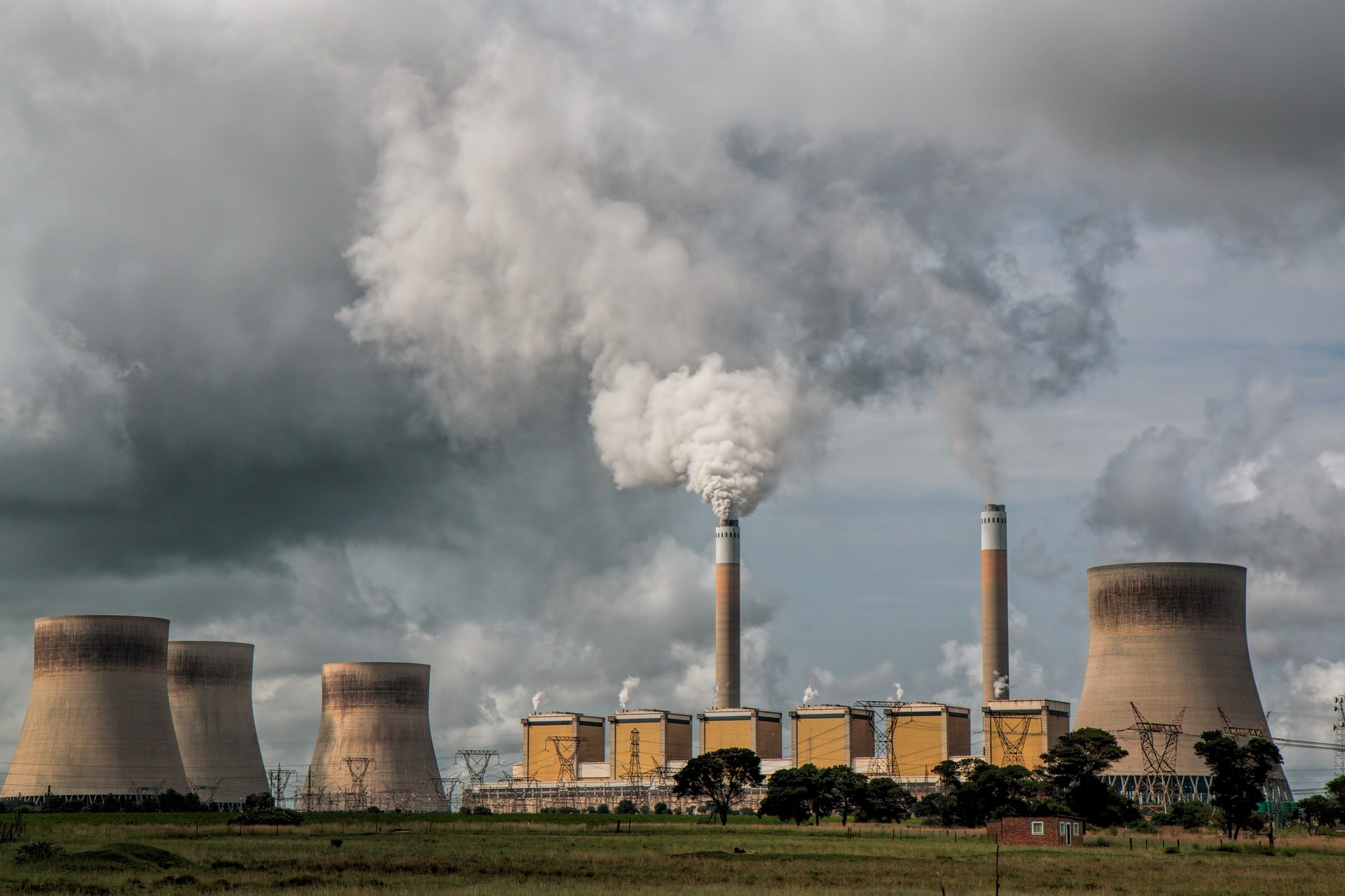Global warming and climate change, as well as the transformation of the energy sector in Europe, will affect the economy of Russia, one of the largest producers of hydrocarbon resources in the world.
According to the Anadolu agency, citing data from the International Energy Agency (IEA), according to data on energy consumption of the European Union (EU) countries (for 2019), the share of oil was 34.8 percent, the share of natural gas was 23.8 percent. the share of coal is 13.6 percent, and the share of renewable energy sources is 18 percent.
According to experts, the EU policy aimed at expanding the scale of green energy will lead to significant changes in the energy basket of Europe.
According to forecasts by the European Commission, the consumption of fossil fuels in the EU is planned to be halved by 2030. In the period from 2030 to 2050, it is planned to gradually reduce the consumption of oil and natural gas, and by 2030 to minimize the use of coal.
It is believed that this change in the energy market of the European Union, the largest importer of Russian mineral resources, will have a significant impact on relations between Russia and the EU, as well as the Russian economy.
Anatoly Chubais, Special Representative of the President of the Russian Federation for Relations with International Organizations to Achieve Sustainable Development Goals, expressed his concerns about the global transformation in the energy markets.
“The consequences of the global transition for Russian exports will be colossal. My own estimates, while these are my own figures, unconfirmed by anyone, we are talking about 10 percent of the gross domestic product. This is more than serious, ”Chubais said.
Revenue from oil exports from Russia, one of the world’s largest exporters of energy resources, in 2020 decreased by 40.8 percent compared to the previous year, to $ 72.3 billion. This is despite the fact that oil and gas exports form about 40 percent of the RF federal budget revenues.
Also, it is expected that the tax on carbon emissions, which the European Union plans to introduce, may affect Russia’s revenues.
In the same context, the European Union plans to introduce additional taxes on products, production and logistics of which require high energy consumption.
Given that Russia also exports various metals, fertilizers and chemicals to European countries, this new tax mechanism is expected to affect 42 percent of its total exports.
At the same time, Marcel Salikhov, director of the Center for Economic Expertise of the Institute of State and Municipal Management of the National Research University Higher School of Economics, said that “in the foreseeable future, the world will not give up hydrocarbon resources.”
In turn, senior researcher at the Finnish Institute of International Relations Marco Siddi believes that despite the current difficult situation on the gas market, new long-term contracts are unlikely to be concluded. I think we will see more spot prices in the long term, Siddi said.

